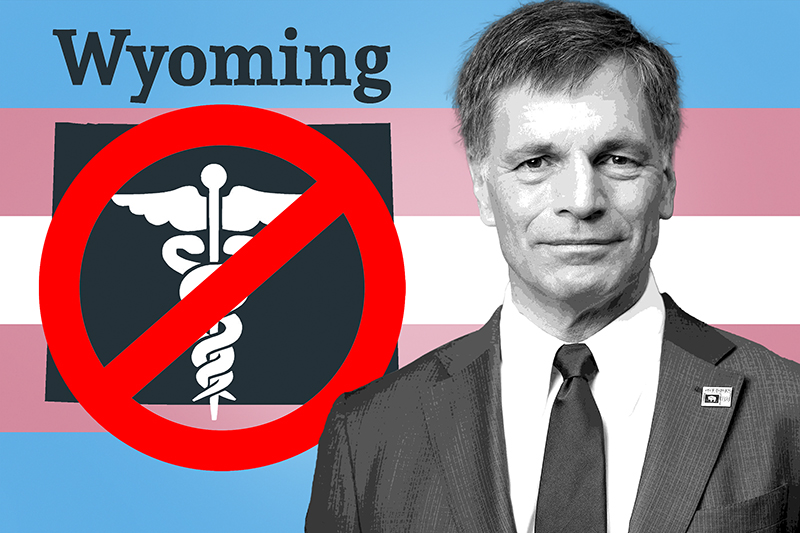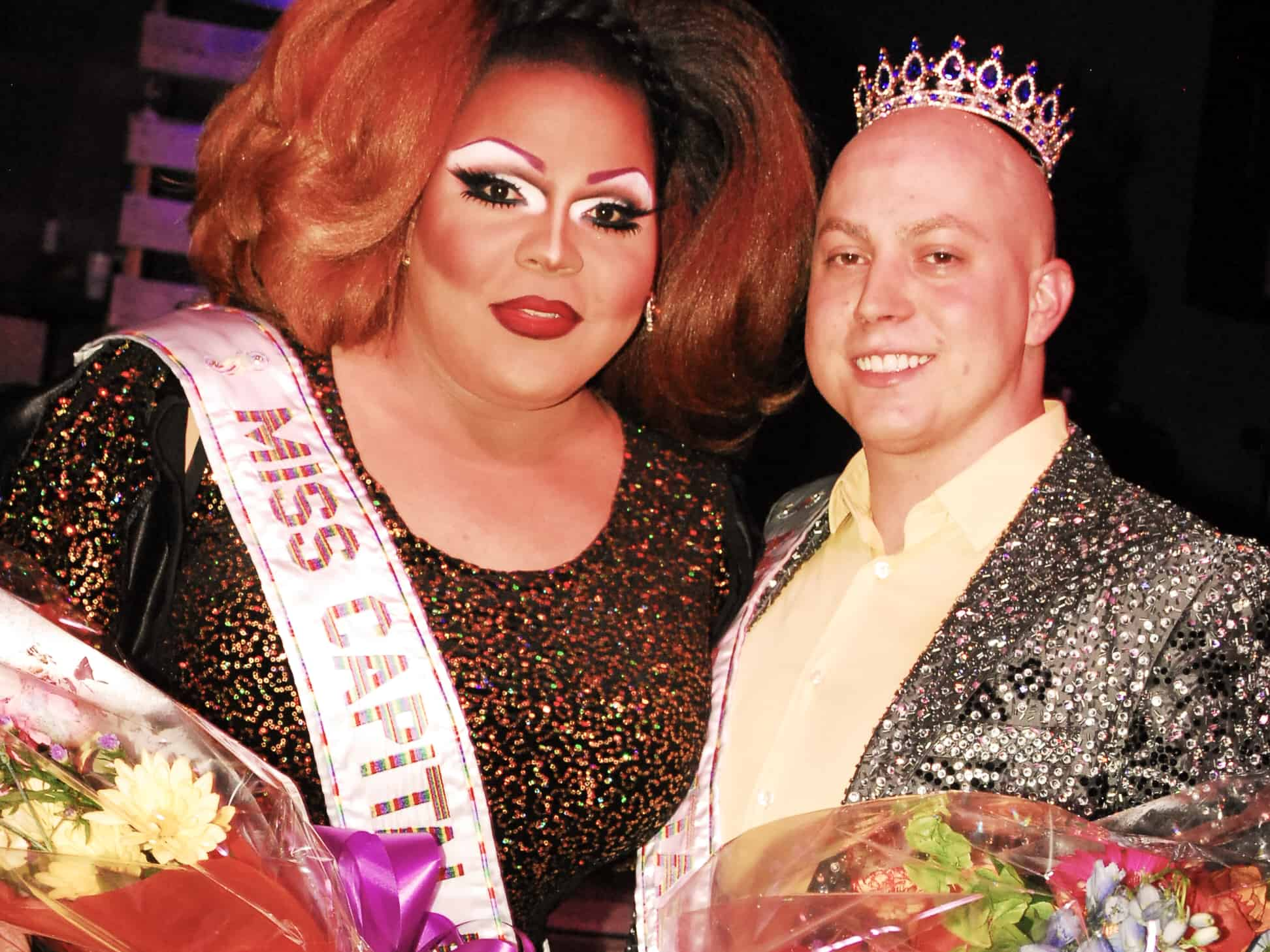Indiana Lawmakers Override Governor’s Veto of Trans Sports Ban
ACLU files lawsuit asking courts to block, and eventually overturn, restrictions on trans athletes as unconstitutional.

Indiana lawmakers have voted to override Gov. Eric Holcomb’s veto of a bill barring transgender females from competing in women’s sports teams, which will ensure the measure becomes law starting on July 1.
On Tuesday, the Indiana House of Representatives voted largely along party lines, 67-28, to override the veto, with the Senate voting to override by a vote of 32-15.
Holcomb had originally vetoed the measure over concerns that the bill was overly broad, questions about how it would be enforced, and the fact that it didn’t address a pressing issue, noting that, in the past 10 years, not a single transgender student has ever completed the process established by the Indiana High School Athletic Association to compete on a team matching their gender identity.
Holcomb also raised concerns that the law would be challenged in court, leaving the state on the hook for the price tag of legal costs if the law was ever overturned. Similar transgender sports bans in Idaho and West Virginia have been blocked by federal courts.
Yet Republican lawmakers have fixated on the issue of transgender athletes in sports, which has gained media attention after a handful of transgender student-athletes — who are small in number, and most of whom have not achieved widespread success — won championships in Connecticut or at the NCAA collegiate level.
Sensing a potent election-year wedge issue where limited polling indicates most Americans are in agreement with the GOP’s position, Republican lawmakers in nearly every state have pushed bills seeking to restrict transgender athletes to competing on teams that match their assigned sex at birth. With the veto override, Indiana now becomes the 19th state to pass such legislation.
Conservatives argue that trans athletes enjoy unfair physical advantages over cisgender girls and that such measures are necessary to protect the “integrity” of women’s sports and ensure cisgender females can win awards and obtain athletic scholarships that otherwise will not be made available to them.
Under the bill, athletes in all public and private K-12 schools will be required to compete on sports teams that match their assigned sex at birth — as determined by a student’s “genetics and reproductive biology.” The law protects schools and athletic associations from being sued for enforcing the law, and allows any student who believes they’ve lost out on athletic opportunities due to a transgender competitor to sue for damages.
It still remains unclear what will happen under the law if a student-athlete falsely alleges that a cisgender competitor who is athletically gifted but does not conform to gender stereotypes — such as lesbians or girls of color who may be more muscular or perceived as “butch” — is transgender.
Critics of transgender bans have also pointed out that such laws often rely on infringing upon the medical privacy of cisgender athletes as much as transgender athletes, and that they are potentially ripe for abuse, especially in cases where a competing team believes they can gain an advantage by temporarily sidelining a star athlete by accusing them of being transgender.
One of Holcomb’s predictions appears to have already come true, as almost immediately after the override, the American Civil Liberties Union sued to overturn the law as unconstitutional, and to block it from being enforced while the lawsuit moves forward.
The lawsuit, filed in the U.S. District Court for the Southern District of Indiana, was brought on behalf of “A.M.,” a 10-year-old trans girl who plays on her school’s softball team, and will be kicked off the team when the law officially goes into effect on July 1. Lawyers for A.M. claim that the law violates prohibitions on sex discrimination contained in Title IX of the Education Amendments Act of 1972, and violates transgender student’s right to equal protection under the U.S. Constitution.
LGBTQ advocates blasted the law as unfair, saying it will only further marginalize transgender and nonbinary students and lead to negative mental health outcomes.
“This bill claimed to solve a problem of ‘fairness’ in school sports in Indiana that didn’t exist, but its negative impacts n the mental health and well-being of trans and nonbinary youth — young people who already face disproportionate rates of bullying, depression, and suicide — are very real,” Sam Ames, the director of advocacy and government affairs at The Trevor Project, said in a statement. “To the young people in Indiana watching tonight: you are stronger than they know. We are here for you, we will fight for you, and we are not going anywhere.”
Support Metro Weekly’s Journalism
These are challenging times for news organizations. And yet it’s crucial we stay active and provide vital resources and information to both our local readers and the world. So won’t you please take a moment and consider supporting Metro Weekly with a membership? For as little as $5 a month, you can help ensure Metro Weekly magazine and MetroWeekly.com remain free, viable resources as we provide the best, most diverse, culturally-resonant LGBTQ coverage in both the D.C. region and around the world. Memberships come with exclusive perks and discounts, your own personal digital delivery of each week’s magazine (and an archive), access to our Member's Lounge when it launches this fall, and exclusive members-only items like Metro Weekly Membership Mugs and Tote Bags! Check out all our membership levels here and please join us today!























